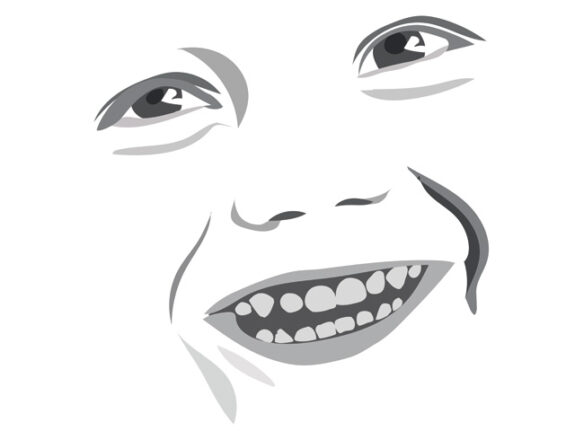
Positivity
In speech and language therapy – making things fun
By a five hundred year old tradition in work with children
By a long tradition in education, positive experiences are more motivating than negative ones. Children learn better by the sensation of success than the sensation of failure. By focusing on success rather than failure, it is possible to proceed from one positive experience to another. This is the rationale of what I describe here as Possible Words Therapy – trying to
- Lower the visibility of the intervention, and mirror the natural process of learning to speak;
- Make the actual goal of treatment as far as possible invisible, but with a sharpened focus on particular points of need;
- Essentially be more like a guide than a teacher, following an idea from Lada Aidarova (1982).
Some small children are well aware that they need help. But to my way of thinking there is no advantage in making this more evident than it already is. So unless a child actually asks for explicit feedback I prefer to congratulate them for whatever they say. If the child doesn’t say things quite right, the task should have been adjusted to make success more easily achievable. Success is more motivating than failure – and more fun.
The natural process of speech and language development is obviously both subtle and unconscious, normally by small steps over nine or ten years. A view on the first seven steps is outlined in the Proposal here. The steps are internally complex, a bit like a dynamic move in mountain climbing where the climber swings on his or her arms to hook a leg over an edge or ledge. Only the steps in learning to talk are a great deal more complex. Aspects of these steps can happen overnight.

